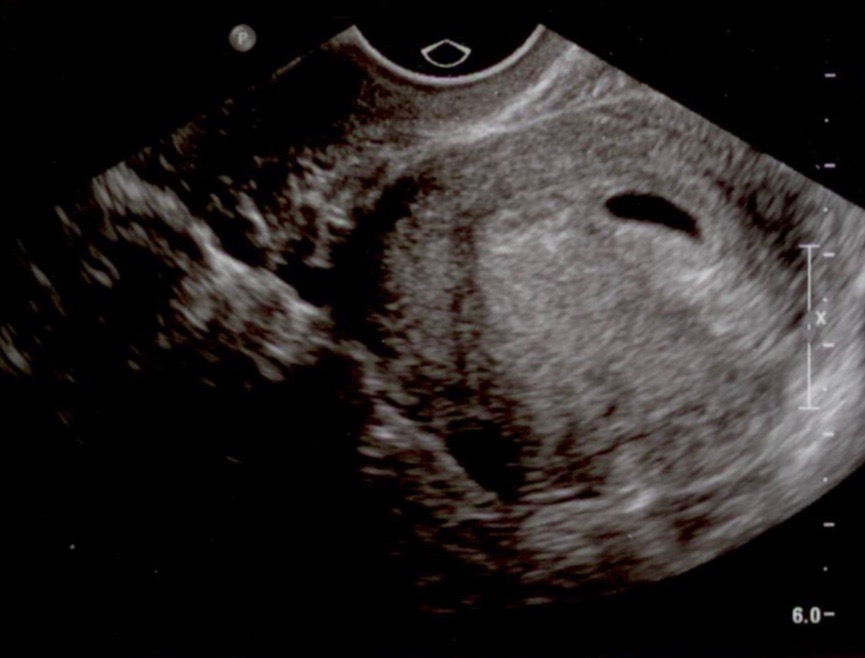Hens all lay. Until they’re old.
A six-pack, a dozen, the pricey browns and greens and blues. Did you know brown eggs are from brown hens and white eggs from white? Cream Legbars, Araucaunas, and Marans decorate their nests with Easter colors, but inside you’ll find the same incredible, edible egg. Chickens come in rainbow shades, and they all lay. For a while.
Possibilities are endless. Until they expire.
Cakes and flans and custards like the sturdy legs of little boys; albumen whipped into meringues and soufflés, frothy as a towhead girl’s hair. Golden yolks mesh with fat for Hollandaise, mayonnaise, aïoli. Think: baby skin. Hard-boiled and soft-cooked, twenty-five cents a pop, on sale. If you break one, wipe up the mess. If you taint the white with the yellow, start over. Like that Hepburn movie when she learned to cook in Paris: one, two, three—crack! New egg. Although sometimes you run out or find that your last egg is broken/rotten/wrong.
No reasonable requests will be denied. Until they hit too close to home.
A neighbor, the lady who moved in six months ago and whose name you don’t remember, knocks and asks, “May I borrow an egg? I’m fresh out.” Of course. No one would deny an egg, not even to a stranger. No one would say: I’ll think about it. I’ll talk to Joe. We’ll see. Maybe. But we aren’t talking about strangers, sister.
Blood is thicker than water. Until it’s diluted.
I had eggs before you had eggs, and when I had none, you still had dozens. A score of dozens. Scores and scores and more. You had babies before I had babies, and when I had none and came knocking on your door, you said: I’ll think about it. I’ll talk to Joe. We’ll see. Maybe. The Greeks use eggs to firm up soup, I read somewhere. Funny how few words can turn a rich stock into a thin and colorless broth.
Eggs are everywhere. Until they aren’t.
Eggheads and egg-salad sandwiches in school cafeterias. Goose eggs on forgotten homework assignments. Easter baskets brimming with chocolate-entombed secrets: peanut butter, marshmallow, coconut. A Fabergé exhibit that was to die for, you said, wondering why I chose to skip it. Cipher-shaped figures representing the eggs I have left, the children that fill my home, the times I’ve called you in the last year.
Christina Dalcher is a linguist from the Land of Styron and Barbecue, where she writes, teaches, and channels Shirley Jackson. Find her sometimes-prize-winning work in Split Lip Magazine, Whiskey Paper, and New South Journal, among others. Laura Bradford represents Christina’s novels. www.christinadalcher.c

